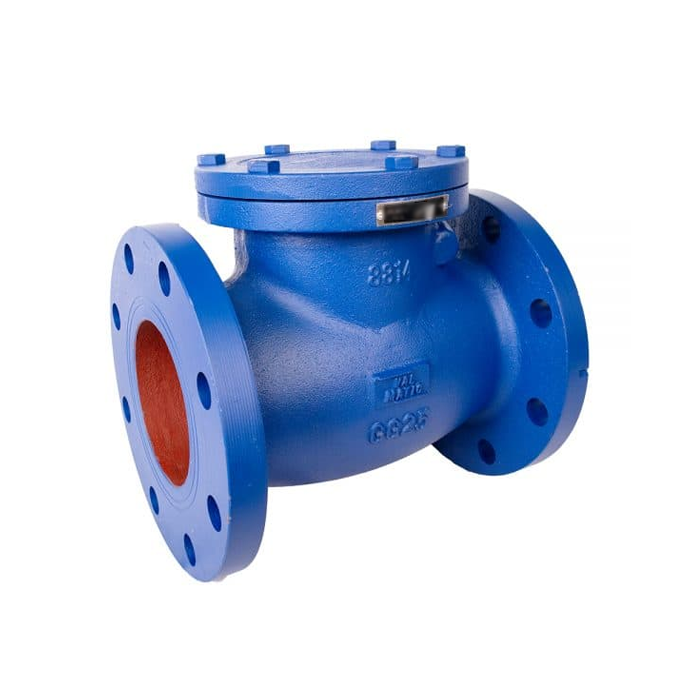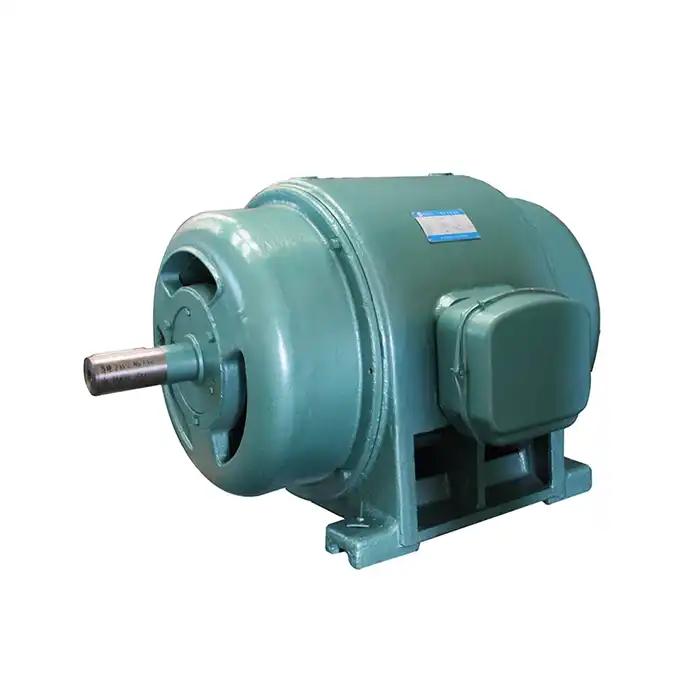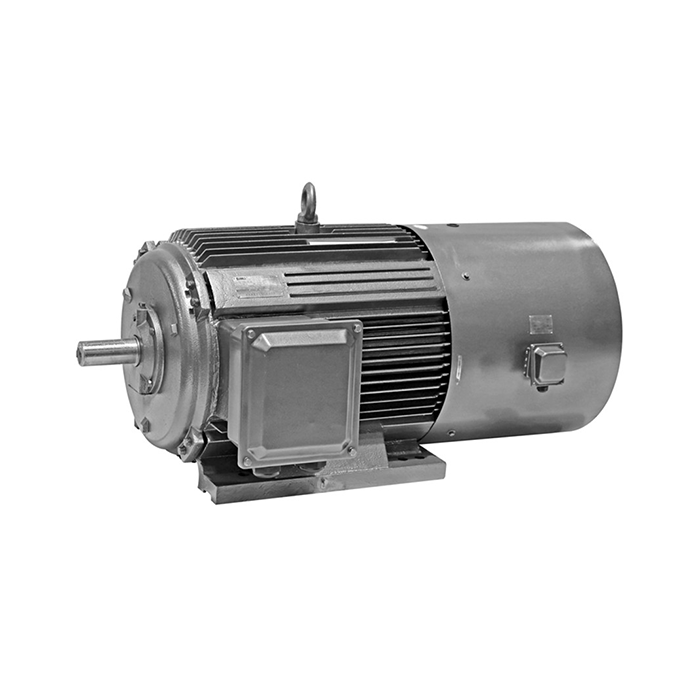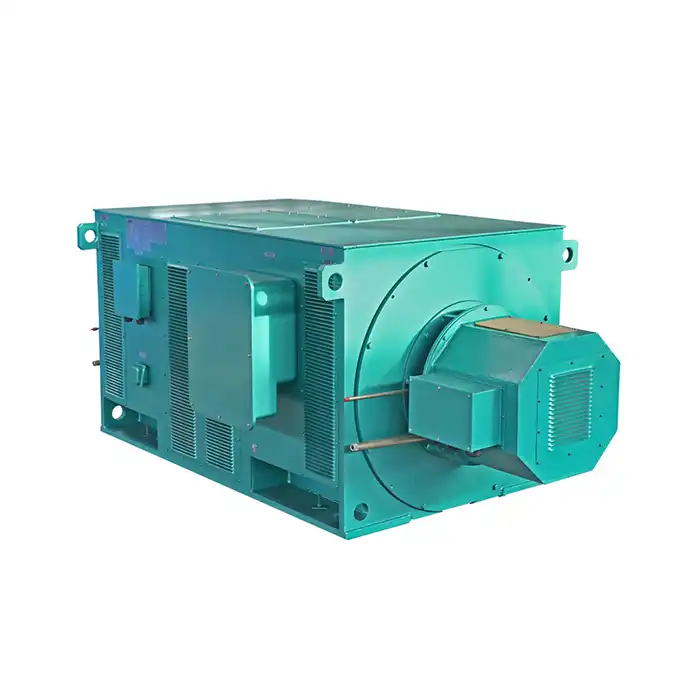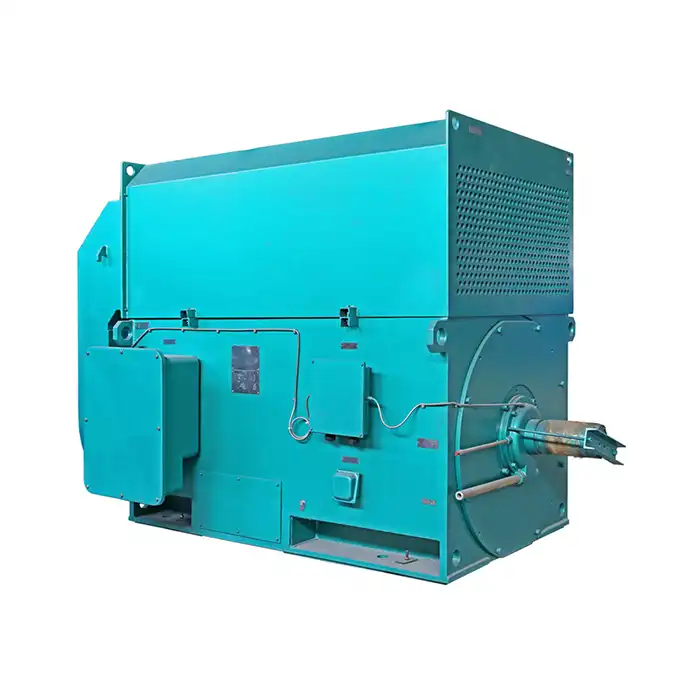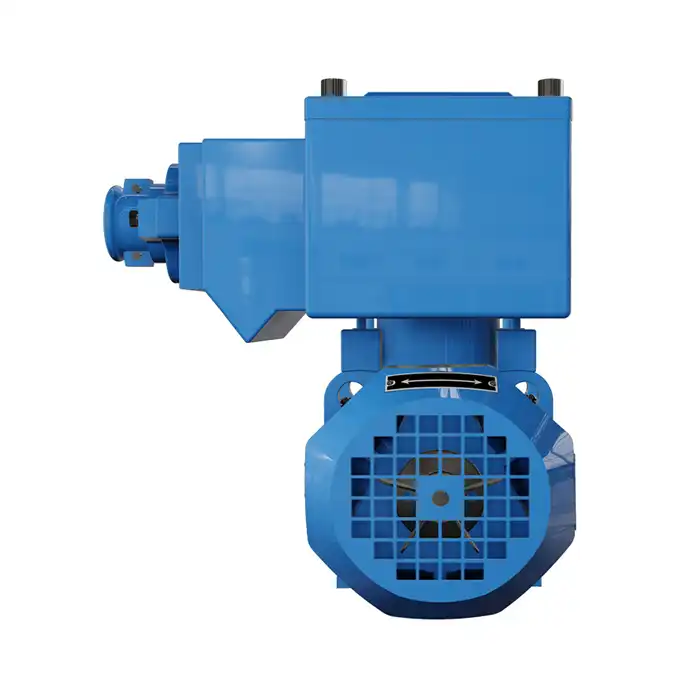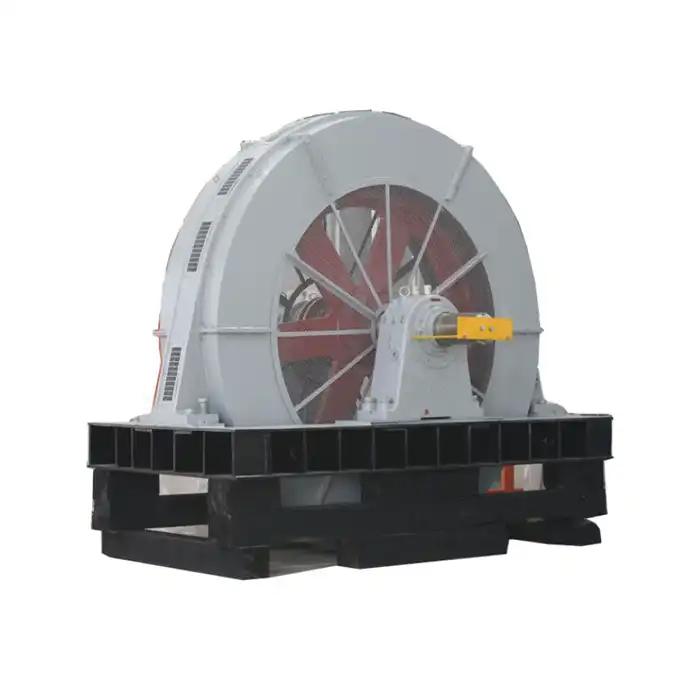Are inverter duty induction motors suitable for outdoor use?
Inverter duty induction motors are a popular choice for various industrial applications, but their suitability for outdoor use is a common concern among manufacturers and facility managers. This article will explore the factors that determine whether inverter duty induction motors can withstand outdoor conditions and the measures that can be taken to ensure their reliable operation in challenging environments.
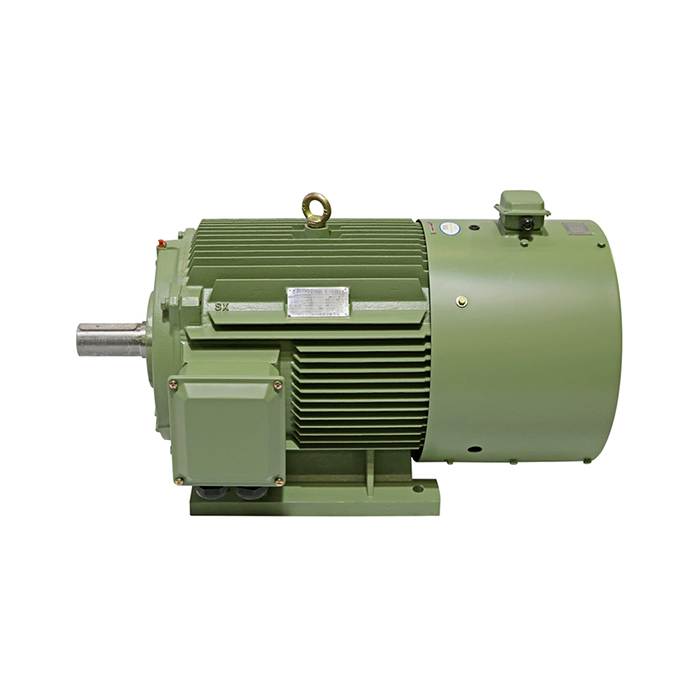
Series:YVFE3
Frequency conversion range:30hz~50hz,5hz~70hz,5hz~100hz
Power range:0.75-1000kW
Protection level:IP55
Application:are suitable for driving various mechanical equipment that require continuous and frequent forward and reverse rotation, such as steel rolling, lifting, transportation, machine tools, printing and dyeing, papermaking, chemicals, textiles, pharmaceuticals, etc., and can be used with various domestic and foreign variable frequency power supplies.
Advantage:high efficiency, wide speed range, high precision, stable operation, and easy operation and maintenance.
Certificate:installation dimensions comply with International Electrotechnical Commission (IEC) standards.
Others: SKF, NSK, FAG bearings can be replaced according to customer requirements.
IP Ratings: Choosing the Right Protection Level
When considering the outdoor use of inverter duty induction motors, one of the most critical factors to evaluate is the Ingress Protection (IP) rating. This rating system defines the level of protection against solid objects and liquids, which is essential for motors exposed to the elements.
Understanding IP Ratings
IP ratings consist of two digits: the first indicates protection against solid objects, while the second represents liquid protection. For outdoor applications, higher IP ratings are generally recommended to safeguard against dust, rain, and other environmental factors.
Common IP Ratings for Outdoor Motors
Some commonly used IP ratings for outdoor motor applications include:
- IP55: Protected against dust and water jets
- IP65: Dust-tight and protected against water jets
- IP66: Dust-tight and protected against powerful water jets
- IP67: Dust-tight and protected against temporary immersion
Selecting the Appropriate IP Rating
The choice of IP rating depends on the specific outdoor conditions where the motor will operate. Factors to consider include:
- Exposure to rain and water
- Presence of dust or airborne particles
- Proximity to corrosive environments
- Potential for flooding or submersion
Weatherproofing Strategies for Harsh Environments
Beyond IP ratings, additional weatherproofing measures can enhance the durability and longevity of inverter duty induction motors in outdoor settings. These strategies focus on protecting vulnerable components and maintaining optimal operating conditions.
Corrosion-Resistant Materials
Using corrosion-resistant materials in motor construction is crucial for outdoor applications. Some effective options include:
- Stainless steel for external components
- Epoxy-coated windings
- Zinc-plated or galvanized hardware
Sealed Bearings and Lubrication
Proper sealing and lubrication of bearings are essential to prevent moisture ingress and maintain smooth operation. Consider:
- Double-sealed bearings
- Labyrinth seals for additional protection
- High-quality, water-resistant lubricants
Enhanced Insulation Systems
Improved insulation systems can protect motor windings from moisture and contaminants. Options include:
- Vacuum Pressure Impregnation (VPI) treatment
- Class H insulation for higher temperature resistance
- Moisture-resistant varnishes and coatings
Temperature Compensation in Outdoor Motor Applications
Temperature fluctuations are a significant challenge for outdoor inverter duty induction motors. Proper temperature compensation techniques are necessary to maintain consistent performance and prevent premature failure.
Ambient Temperature Considerations
Outdoor motors must be designed to operate effectively across a wide range of ambient temperatures. Factors to address include:
- Thermal expansion and contraction of components
- Changes in lubricant viscosity
- Variations in electrical resistance
Thermal Management Solutions
Effective thermal management is crucial for maintaining optimal motor performance. Some strategies include:
- Enhanced cooling fin designs for improved heat dissipation
- Forced air cooling systems for high-temperature environments
- Temperature sensors and monitoring systems
Motor Sizing and Derating
Proper motor sizing and derating can help ensure reliable operation in extreme temperatures:
- Oversizing motors to reduce heat generation
- Applying appropriate derating factors for high-temperature environments
- Considering load profiles and duty cycles in motor selection
Conclusion
Inverter duty induction motors can be suitable for outdoor use when properly specified and protected. By selecting the appropriate IP rating, implementing effective weatherproofing strategies, and addressing temperature-related challenges, these motors can provide reliable performance in a wide range of outdoor applications. However, it's essential to carefully evaluate the specific environmental conditions and consult with motor manufacturers to ensure the chosen motor meets all necessary requirements for outdoor operation.
FAQ
1. How does humidity affect inverter duty induction motors in outdoor applications?
High humidity can pose challenges for outdoor inverter duty induction motors. Excessive moisture can lead to condensation inside the motor, potentially causing corrosion, insulation breakdown, or electrical shorts. To mitigate these risks, motors designed for outdoor use often incorporate features such as moisture-resistant insulation, sealed enclosures, and space heaters to prevent condensation during idle periods.
2. Are there any special maintenance requirements for outdoor inverter duty induction motors?
Outdoor inverter duty induction motors typically require more frequent and thorough maintenance compared to their indoor counterparts. This may include regular inspections for signs of corrosion or water ingress, more frequent lubrication of bearings, and periodic cleaning to remove accumulated dirt or debris. Additionally, it's important to check and maintain any weatherproofing features, such as gaskets or seals, to ensure continued protection against the elements.
3. Can standard inverter duty induction motors be modified for outdoor use?
While it's possible to modify standard inverter duty induction motors for outdoor use, it's generally not recommended. Purpose-built outdoor motors are designed from the ground up to withstand environmental challenges. Modifications to standard motors may not provide the same level of protection and could void warranties. If outdoor use is required, it's best to select a motor specifically designed and rated for such applications.
Choose XCMOTOR for Reliable Outdoor Inverter Duty Induction Motors
At XCMOTOR, we understand the unique challenges posed by outdoor applications for inverter duty induction motors. Our team of experienced engineers specializes in designing and manufacturing motors that excel in harsh environments. We offer a wide range of IP-rated motors with advanced weatherproofing features and thermal management solutions to ensure optimal performance and longevity in outdoor settings. By choosing XCMOTOR, you're partnering with a trusted inverter duty induction motor manufacturer committed to delivering reliable, efficient, and durable solutions for your specific needs. Contact us today at xcmotors@163.com to discuss how we can help you find the perfect motor for your outdoor application.
References
- Johnson, M. (2020). "Outdoor Applications of Inverter Duty Motors: Challenges and Solutions." Industrial Motor Journal, 45(3), 78-92.
- Smith, A. R., & Brown, L. K. (2019). "Weatherproofing Techniques for Induction Motors in Harsh Environments." IEEE Transactions on Industry Applications, 55(4), 3721-3734.
- Thompson, R. E. (2021). "Temperature Compensation Strategies for Outdoor Motor Installations." Electrical Engineering Review, 87(2), 112-127.
- Wilson, D. G., et al. (2018). "IP Ratings and Their Significance in Motor Protection for Outdoor Use." Journal of Electrical Systems and Equipment, 29(1), 45-58.
- Lee, S. H., & Park, J. W. (2022). "Corrosion Resistance in Outdoor Inverter Duty Motors: Materials and Coatings." Corrosion Science and Technology, 21(3), 289-304.
- Garcia, M. A. (2020). "Thermal Management Solutions for Outdoor Motor Applications." HVAC&R Research, 26(4), 512-527.




